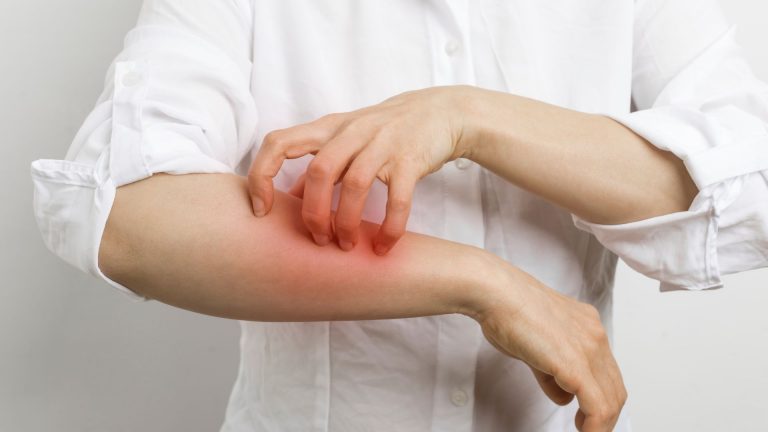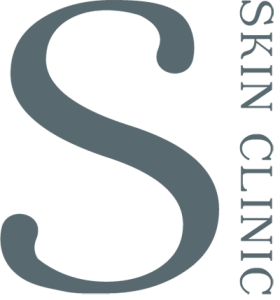Introduction
The quest for a cure for skin allergies often leads us to rely heavily on antihistamines and other anti-allergic pills. While these medications provide effective relief, they are not a permanent solution. This blog explores whether a cure for skin allergies exists and delves into comprehensive management strategies beyond just medication.
Understanding Skin Allergies
Skin allergies, including conditions like eczema, hives, and allergic dermatitis, are caused by an overactive immune response to various triggers like pollen, dust, or certain foods. This immune response leads to inflammation, manifesting as symptoms like itching, swelling, and redness.
The Role of Anti-Allergic Pills
Antihistamines and similar pills offer temporary relief by blocking histamine, a key chemical in the allergic response. However, they are symptomatic treatments and do not address the underlying causes of allergies.
A Holistic Approach to Managing Skin Allergies
Effective management of skin allergies often requires a multifaceted approach:
Identifying and Avoiding Triggers
Determining and minimizing exposure to allergens is crucial. Research in the Annals of Allergy, Asthma & Immunology emphasizes the benefits of allergen avoidance in reducing symptoms of eczema.
Skincare Regimens
Maintaining skin health with gentle moisturizers and hypoallergenic products is vital. A 2019 study in the Journal of Dermatological Science highlights the effectiveness of emollient therapy in eczema management.
Immunomodulatory Treatments
Treatments like topical steroids and immunosuppressants aim to modify the immune response. The British Journal of Dermatology notes their efficacy in managing inflammatory skin conditions.
Dietary Modifications
For some, dietary changes and elimination diets can be instrumental in managing food-related allergies, as suggested by a 2017 study in the Journal of Allergy and Clinical Immunology: In Practice.
Alternative Therapies
Complementary therapies like acupuncture and mindfulness may help reduce stress and improve overall well-being. The Journal of Allergy and Clinical Immunology reports potential benefits of acupuncture in allergic conditions.
Long-Term Management and Quality of Life
While a definitive cure for skin allergies remains elusive, combining different strategies can lead to significant symptom reduction and improved quality of life. In some cases, long-term remission is achievable.
The Role of Dermatologists in Skin Allergy Management
Consulting a dermatologist is essential for accurate diagnosis and developing a personalized treatment plan. A dermatologist can help identify triggers, recommend suitable skincare products, and guide on the appropriate use of medications and alternative therapies.
The Impact of Lifestyle Changes
Lifestyle modifications, including stress management, regular exercise, and a balanced diet, play a pivotal role in managing skin allergies. These changes can help strengthen the skin’s barrier function and reduce the frequency of flare-ups.
Myths and Misconceptions
It’s important to dispel common myths around skin allergies, such as the belief that they are always related to hygiene or that they can be ‘cured’ by a single medication. Education and awareness are key to understanding and managing these conditions effectively.
The Future of Skin Allergy Treatments
Emerging treatments and ongoing research continue to offer hope. Advances in immunotherapy and biologic drugs are showing promise in treating various allergic conditions, potentially leading to more targeted and effective treatments in the future.
Patient Empowerment and Education
Empowering patients with knowledge about their condition, treatment options, and lifestyle factors is crucial. Informed patients can make better decisions about their health and play an active role in managing their condition.
Conclusion
In conclusion, while there is no outright ‘cure’ for skin allergies, effective management is possible. A combination of medical treatments, lifestyle adjustments, and alternative therapies can provide substantial relief and improve life quality. Understanding skin allergies, debunking myths, and adopting a holistic approach are essential steps towards living well with these conditions. Always consult a dermatologist for tailored advice and treatment plans. Remember, managing skin allergies is a journey, and with the right approach, a comfortable and symptom-free life is a realistic goal.



